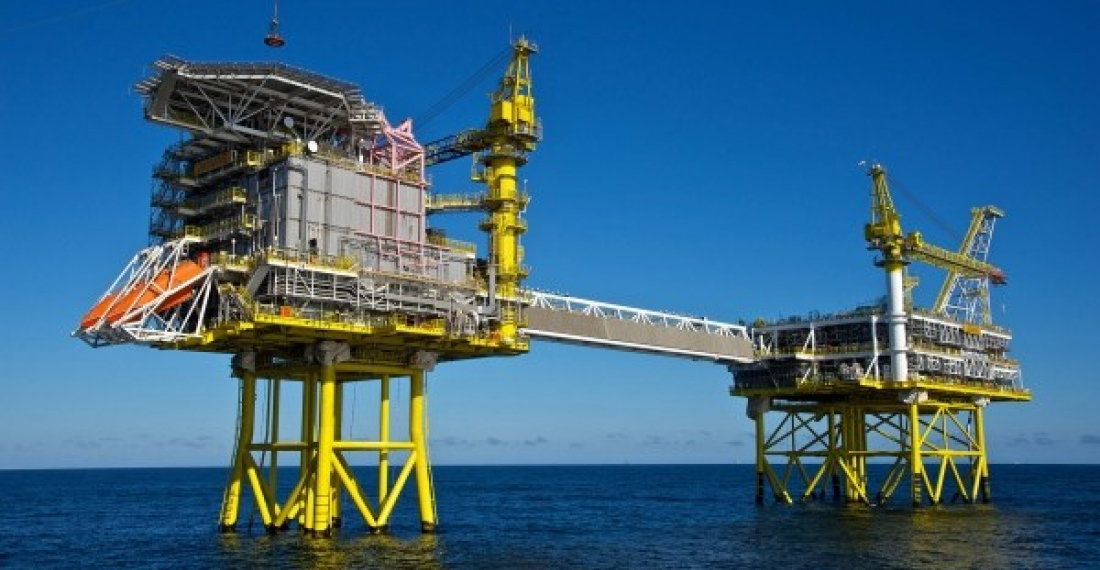The quest to explore for energy resources in the East Mediterranean continues, despite tensions in the region. Egypt is one of the countries that has been asserting its presence and actively pursuing exploration for oil and gas.
The Egyptian Ministry of Petroleum and Mineral Resources announced that it has signed nine new petroleum agreements to search for petroleum and natural gas in the Mediterranean and the Red Sea with six major international and Egyptian companies.
Egyptian Minister of Petroleum Tarek El-Molla said that the ministry reached a total of 12 agreements during the period of the coronavirus pandemic, with a minimum investment of about $1.4 billion, to drill 23 wells in nine regions in the Mediterranean and three regions in the Red Sea, pointing out that three further agreements are to be signed soon.
He said that the ministry’s strategy to promote investment opportunities was the reason for its success in attracting new global investment to Egypt. In addition to its existing work with companies such as Shell, BP and Total, it was forging new partnerships with Exxon Mobil and Chevron, which were entering Egypt for the first time to invest in oil and gas exploration.
The Egyptian minister said that the Egyptian Tharwa Petroleum’s participation opens up the potential expansion of its activities and those of other Egyptian companies in this sphere.
The nine signed agreements include one with Exxon Mobil to search in the North Marquia marine area in the Mediterranean, with a minimum investment of $112 million to drill three wells, and another with Chevron and its partner Tharwa Petroleum to search in the North Sidi Barrani area, with a minimum investment of $70 million, to drill one exploration well.
source: commonspace.eu with Arab News (Jeddah) and agencies






